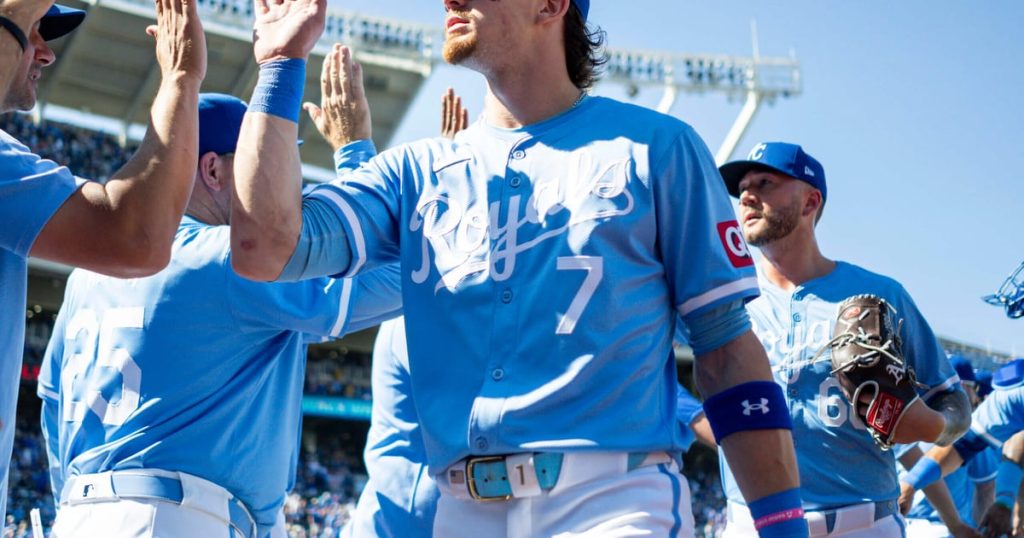The Kansas City Royals are demonstrating the merits of persistence and dedication in the world of Major League Baseball. By making concerted efforts to improve their team, they have set a precedent that other baseball organizations could follow. Last year the Royals poured nearly $110 million into acquiring free agents. Their aggressive talent scouting paid off, as did their bold moves and spend on trades and waivers. Team owner John Sherman’s concerted strive for improvement has resulted in a winning season and the potential for a postseason berth in sight, reflecting the results of a game plan driven by both ambition and restraint.
The Royals’ General Manager, J.J. Picollo, has rightly become a figurehead of this organizational persistence. With a service-first approach, the Royals have both modernized their operations and maintained traditional baseball values. They have expanded their infrastructure, adding to their research and development team, updating their scouting departments, and embedding an open-minded culture. Where many baseball franchises have downsized or restructured, the Royals have chosen to invest and expand. Picollo’s willingness to welcome innovation and embrace external talent, embodied by hiring a new manager like Matt Quatraro, complements a team culture that incorporates technology and data with the traditional baseball ethos.
The competitive edge of the Royals was further honed when the team’s owner, Sherman, took a leap of faith and approved a $288.8 million contract extension for his star player, Bobby Witt Jr. With this one move, Kansas City, one of the smallest baseball markets, displayed a tenacity not easily found in larger cities. Witt Jr’s subsequent standout season underscores the foresight and payoff of such decisions. His performances on the field have played a substantial role in the team’s transformation and success, turning him into an MVP contender in the process.
The Royals have also proved adept in the execution of their strategic plans. Anchored by a strong defense and solid pitching, Kansas City also boasts one of the lowest strikeout rates in the game. Their judicious targeting of Seth Lugo and Michael Wacha, both of whom embodied certain team beliefs and have since excelled, illustrates the prudent execution of the management’s game plan. More than just focusing on star players, the Royals carefully picked those who would add value to the team’s overall performance.
The team’s proactiveness sets them apart from many of their competitors. While other teams were contemplating, the Royals swiftly incorporated changes by bringing in new players like Hunter Harvey, Lucas Erceg, Michael Lorenzen, and Paul DeJong. This proactive approach was also evident when their first baseman foresaw an injury. They quickly made adequate replacements by acquiring Yuli Gurriel, Tommy Pham, and Robbie Grossman via waivers. Such swift decision-making demonstrates an effective administrative structure that does not shy away from taking risks.
Although every move the Royals made has not been successful, they have had a commendable success rate. Their front office has shown resiliency and flexibility while the team as a whole has seldom missed opportunities. The Royals are now potentially in line for a top wild-card spot, a testament to their well-implemented strategies. Their ethos goes beyond just their game but is magnified in their potential for the playoffs for the first time since their 2015 World Series victory. The Royals’ paradigm is not only beneficial for their city but sets a positive example for the baseball fraternity.


